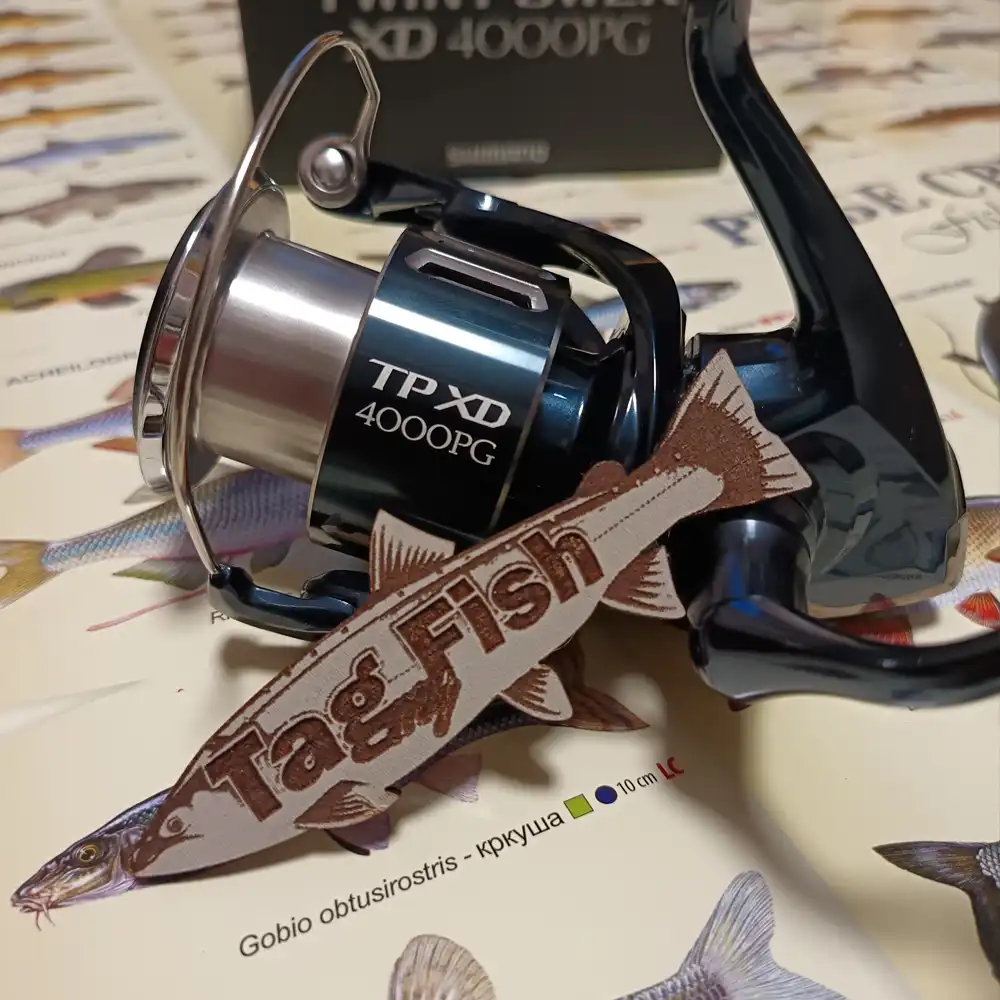Skunk River (Iowa)

General data
- Name: Skunk River (Iowa)
- Water system: Mississippi River
- Water type: River
- Source: North Skunk River, South Skunk River
- Progression: Mississippi River -> Gulf of Mexico -> Atlantic Ocean -> Planet Earth
- Climates: Continental
- Continents: North America
- Countries: United States of America
The Skunk River is a 93-mile-long (150 km) tributary of the Mississippi River in the state of Iowa in the United States. The Skunk River rises in two branches, the South Skunk (185 miles (298 km) long) and the North Skunk (129 miles (208 km) long). The headwaters of the South Skunk are in Hamilton County in north central Iowa. It flows roughly due southward, to the west of Interstate 35, and passes through the city of Ames, before turning southeasterly. In Keokuk County, it is joined by the North Skunk, which has its headwaters in Marshall County. It then proceeds southeastward and flows into the Mississippi about five miles south of the city of Burlington. Species of fish found in the Skunk River include smallmouth bass, gar, walleye, catfish, carp, bluegill, sheephead, bullhead, and largemouth bass, crappie, sunfish.

 English
English
 Spanish
Spanish
 German
German
 French
French
 Serbian
Serbian
 Russian
Russian

